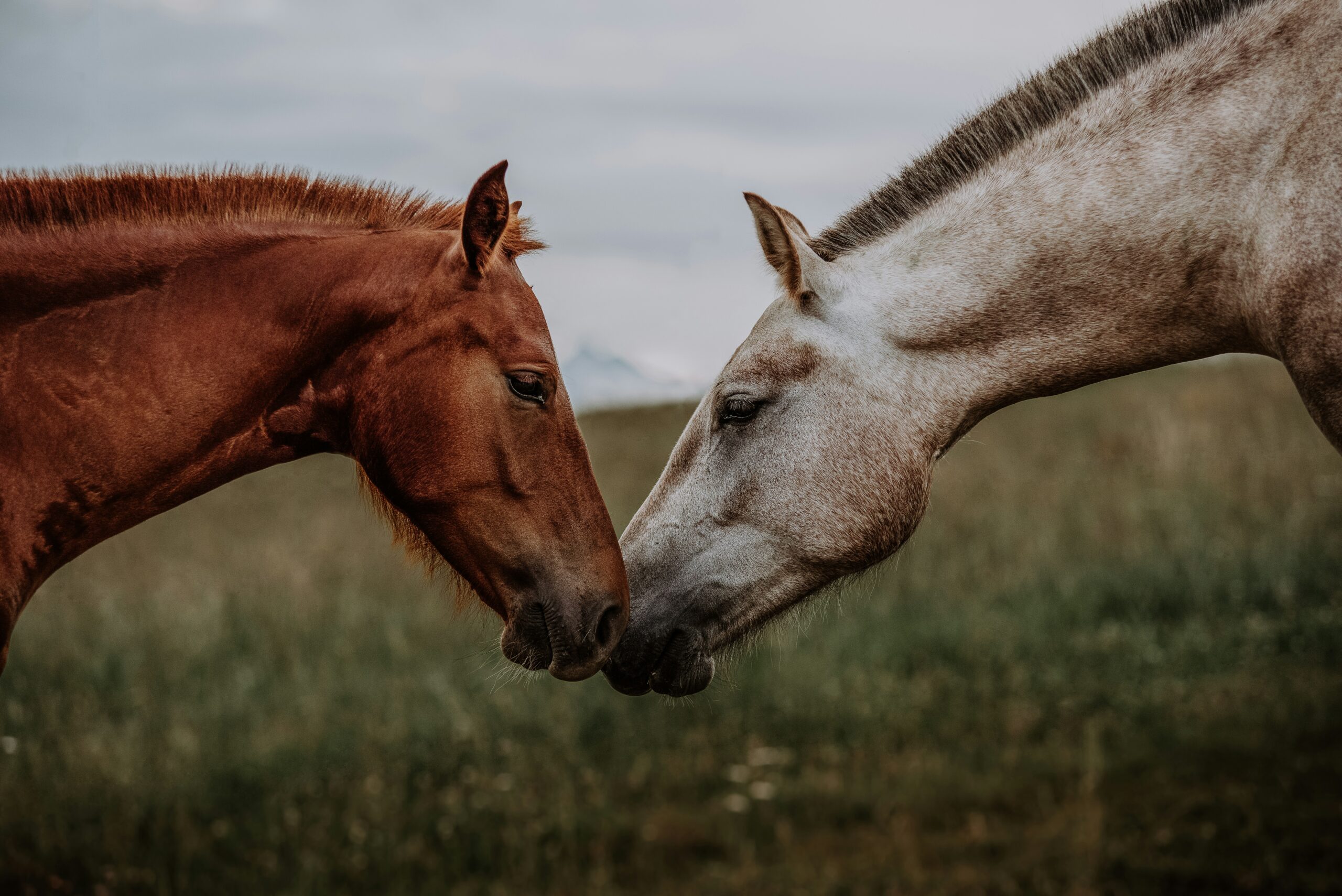Understanding horse behavior is essential for any horse, whether you’re a seasoned rider or a first-time horse owner. Horses are complex creatures, and their behavior can often be a reflection of their emotional, physical, and social states. By learning to interpret and respond to their behavior, you can develop a stronger bond with your horse, enhance training, and ensure their well-being. In this article, we will explore various aspects of horse behavior, including common signs, body language, and what different actions mean.

The Basics of Horse Behavior
Horses are prey animals, which means their survival instincts are often geared toward detecting danger and escaping from it. This inherent characteristic influences many aspects of horse behavior, including how they react to new situations, other animals, and humans. Their fight-or-flight response is strong, and they tend to be highly alert to their surroundings. For example, a horse might exhibit nervous behavior like snorting, backing away, or bolting if they feel threatened, especially in unfamiliar environments.
Understanding a horse’s behavior requires recognizing that they communicate primarily through body language and facial expressions. Unlike humans, horses cannot speak, so their actions—whether it’s a flick of the ear or a stomp of the hoof—hold significant meaning. As a rider or owner, being attuned to your horse’s subtle cues can help in fostering a positive relationship and addressing any issues that arise.
Common Signs of Horse Behavior
- Ears Positioning: One of the most important indicators of horse behavior is the positioning of their ears. Forward ears usually signal interest or curiosity, while backward ears often indicate irritation or aggression. Horses that pin their ears back tightly are often ready to defend themselves or are upset. It’s crucial to pay attention to ear movements as they reveal the horse’s mood and thoughts.
- Tail Movement: A horse’s tail is another communication tool. A calm horse will usually carry its tail in a neutral position, while a swishing tail may signal frustration, irritation, or a desire to swat flies. A tail held stiffly or high can indicate tension or excitement. On the other hand, a relaxed tail may show contentment, especially when a horse is at ease with its environment.
- Snorting and Whinnying: Horses often use vocalizations to communicate. Snorting is commonly a sign of alertness or curiosity, especially when encountering new or unusual stimuli. A whinny or neigh is typically used to communicate with other horses, either out of excitement or to locate herd members. A neigh can also indicate a horse’s distress when separated from others.
- Body Posture: Pay attention to how your horse carries itself. A horse that stands tall with a relaxed body indicates calmness and comfort. However, a horse with a rigid posture, standing on its toes or with muscles tensed, could be signaling discomfort or anxiety. This kind of behavior often requires further investigation, such as checking for physical issues or possible environmental stressors.
Horse Behavior in Response to Humans
Horses form strong connections with humans, and their behavior can reveal how they perceive you. If your horse approaches you calmly with ears forward and a relaxed posture, it’s a sign that they trust you and feel comfortable in your presence. Conversely, a horse that consistently avoids eye contact, moves away, or shows signs of fear or aggression may need more time to trust you.
- Fearful Behavior: Horses may show fearful behavior due to past experiences, lack of socialization, or an intimidating environment. Signs of fear can include rapid breathing, wide eyes, sweating, or attempting to flee. As a horse owner or trainer, it’s important to recognize these signs and work gradually to build your horse’s confidence through positive reinforcement and exposure to new experiences.
- Aggression: A horse can become aggressive for several reasons, such as protecting its territory, feeling threatened, or during mating season. Aggressive behavior often includes pinning ears back, baring teeth, or attempting to bite or kick. It’s important to address aggression immediately through training and establishing clear boundaries while also assessing the horse’s health and environment to rule out any underlying issues.
- Bonding Behavior: Horses are social animals and, in the wild, live in herds. They often form strong emotional bonds with both humans and other horses. Horses that are comfortable with their human caretakers will engage in behaviors such as following you, grooming you with their lips, or standing quietly near you. These are signs of trust and affection.
Training and Behavior Modification
Understanding horse behavior is essential for effective training. Positive reinforcement, where a horse is rewarded for desired behaviors, is one of the most effective ways to modify behavior. Training should be done consistently and patiently, focusing on rewarding good behavior while avoiding punishment for unwanted actions.
Some common training methods include:

- Desensitization: This involves gradually introducing the horse to new experiences, objects, or situations in a controlled way. The goal is to help the horse become less reactive and more confident. For example, introducing a horse to different environments or sounds slowly can reduce fearful behavior.
- Lunging: Lunging is a technique where the horse is encouraged to move in a circle around the handler on a long lead. This helps with controlling the horse’s energy and allows for behavioral correction in a non-threatening way.
- Consistent Routines: Horses thrive on routine. Keeping feeding times, training sessions, and interactions consistent can help establish trust and reduce anxiety. Horses that are kept in unpredictable environments or have erratic schedules can exhibit behavioral problems like pacing, biting, or bolting.
Conclusion: The Importance of Understanding Horse Behavior
Understanding horse behavior is essential not only for effective training and riding but also for ensuring your horse’s happiness and health. By learning to read your horse’s body language and vocalizations, you can create a stronger, more harmonious relationship. Additionally, understanding the underlying factors contributing to behavior—whether emotional, physical, or environmental—will allow you to address any issues appropriately.
Whether you are an experienced equestrian or just starting your journey with horses, recognizing the nuances of horse behavior can help you develop a bond built on trust, respect, and mutual understanding. Patience, observation, and education are key to understanding and working with your horse’s behavior for a more fulfilling and rewarding partnership.





